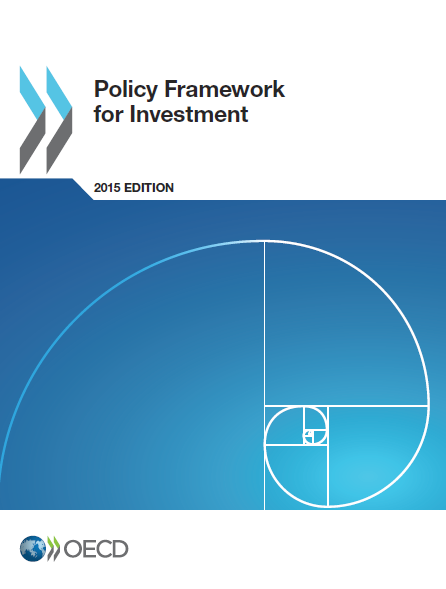Publications
Filter by
605 results found
This paper provides a condensed yet substantive overview of the key international lessons learned in the area of PBMC.


The EIB Group is committed to continue maintaining a stringent policy against tax fraud, tax evasion, tax avoidance as well as money laundering and terrorism financing.

This paper uses data from the world bank performance database and the electricity regulatory governance database using electricity company data to the develop the literature that explores the link between regulatory governance and sector performance.
This paper analyses how wider roads or more lanes can reduce vehicle emissions and help people be more mobile and efficient, longer roads can increase emissions, although not in a statistically significant way.


This paper "Pooling of Institutional Investors Capital - Selected Case Studies in unlisted equity infrastructure" aims to provide clarity on some of the issues associated with the evolving field of infrastructure investment and more.


Port Development and Competition in East and Southern Africa analyzes the 15 main ports in East and Southern Africa (ESA) to assess whether their proposed capacity enhancements are justified by current and projected demand; whether the current port management approaches sufficiently address not only the maritime capacity needs but also other impediments to port efficiency; and what the expected hierarchy of ports in the region will be in the future.


The Port Reform Toolkit is aimed to provide policymakers and practitioners with effective decision support in undertaking sustainable and well-considered reforms of public institutions that provide, direct, and regulate port services in developing countries.



This Fifth edition of the PwC Indonesia Power in Indonesia: Investment and Taxation Guide has been written as a general investment and taxation guide for all stakeholders and those interested in the power sector in Indonesia.


This report discusses findings from four case studies of the pre-investment stage in infrastructure projects in Latin America and the Caribbean.

Deloitte's Analytics Institute published this analysis of how new technology and data analytics can be used for predictive maintenance.

This handbook presents detailed, practical guidance on how to conduct quick, mid-level, and in-depth regulatory evaluations with focus on power sector regulation.

The OECD Principles for Public Governance of Public-Private Partnerships provide concrete guidance to policy makers on how to make sure that Public-Private Partnerships (PPP) represent value for money for the public sector.

The Infrastructure Prioritization Framework is a multi-criteria decision support tool that considers project outcomes along two dimensions, social-environmental and financial-economic to inform project selection.




The report first gives background information on infrastructure prioritization in Panama, then follows with a description of the IPF in technical and implementation terms.

China is considering ways to attract additional capital to finance investment in railways and Worldwide, private capital has been attracted to the railway sector through a range of mechanisms.


This paper examines investments - in the form of equity or debt in direct investments to infrastructure. The reason for focusing on direct investment is twofold. First, the overall analysis of debt and equity capital markets for infrastructure exceeds the scope of this study and involves instruments that trade on regulated stock and bond markets. Second, the analysis of direct investments by private investors in listed infrastructure enables us to focus more on the risk analysis process that these investors typically perform when approaching an investment.

This report gives an overview of the main types of government and market based instruments and incentives able to boost the mobilisation of financial resources to long-term investment.





